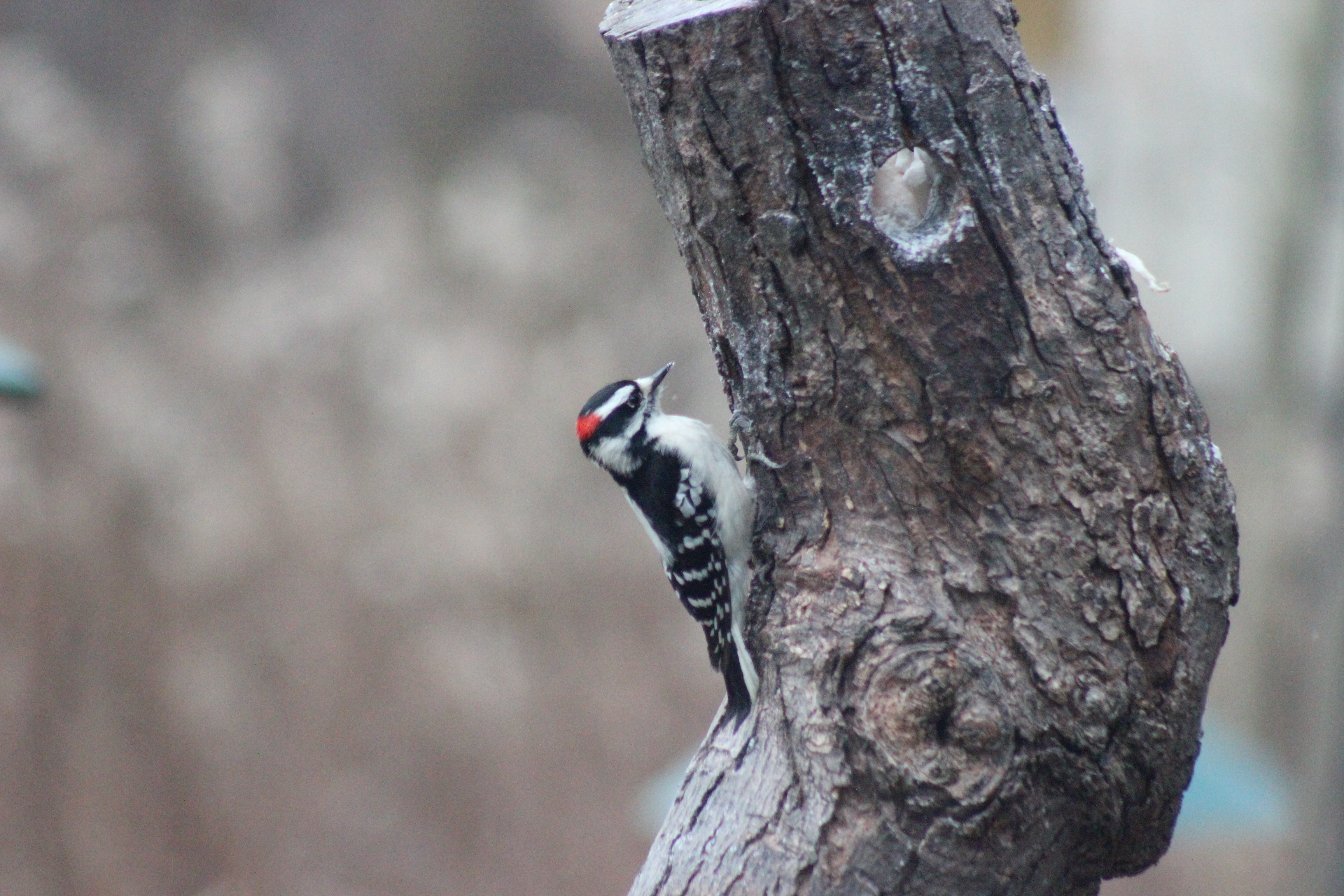By: Bob Strohm
Bstrohm@wbcowqel.com
The old adage says that the early bird gets the worm, but on Sunday morning it was the early watchers counting the birds for the annual Audubon Christmas Bird Count.
In its 115th year, the Audubon Christmas Bird Count takes place during a two week time period around Christmas in which citizens count the number of species and number of birds in a species in a 15-mile radius. The project, which takes place across North America, was organized in Crawford County by Crawford Park District Naturalist Warren Uxley.
Uxley explained the main purpose of the Audubon Christmas Bird Count.
“Mostly it is just to track populations and if we have an eruption year. A few years ago we had a huge eruption of White Wing Cross Bills which are a northern bird that rarely shows up here. It was one of the biggest eruptions in the last 100 years. A lot of people want to know why that happened. Well apparently the spruce cone crop failed up north in much of the Memorial Forest in Canada so they had to come south to try to find food here.”
“The event helps if there is a rare bird that is in trouble we can monitor what is going on its movements, and what we can do to help that particular species,” Uxley continued.
The event began with the bird counters meeting at Bob Evans for breakfast before breaking off into one of four quadrants in the-15 mile radius. After meeting back at Lowe-Volk Park for lunch, an estimated 48 species of birds had been found in the area, with some species being more common than others. Uxley noted that while some observed species were uncommon for the area some that were once uncommon are become more common.
“The Serf Scoter, that is very unusual. I had a King Fisher, but that isn’t that unusual. We had two eagles, but that isn’t unusual anymore,” Uxley said.
With most of the watchers not seeing as many bird species as normal, Uxley noted that they try to observe 65 different species, but that the low bird numbers can be mostly attributed to the mild weather.
“We had an extremely mild winter that makes the birds disperse widely,” Uxley said.


